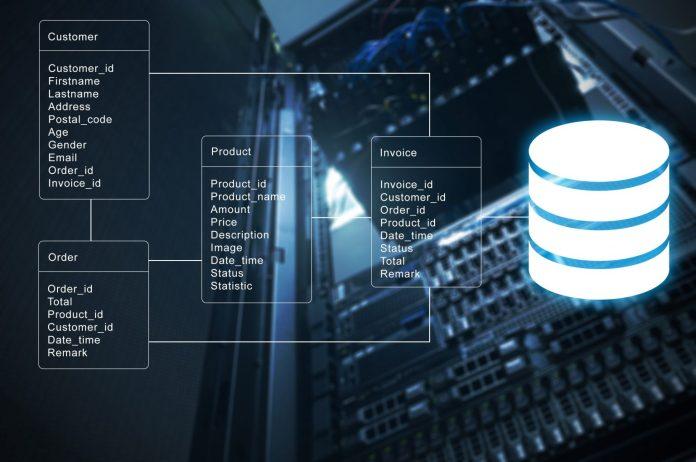In the dynamic landscape of modern computing, data reigns supreme. As businesses and organizations grapple with an ever-expanding influx of information, the role of database servers has become pivotal in managing, organizing, and harnessing the power of data. This blog explores the significance of database servers in empowering your data infrastructure, delving into their key functions, evolving technologies, and the transformative impact they have on the digital ecosystem.
I. Understanding the Backbone: What Are Database Servers?
At the heart of efficient data management lies the database server—a robust system designed to store, retrieve, and manage vast amounts of structured and unstructured data. These servers act as the backbone of applications, ensuring seamless interaction between users and the underlying databases. Whether it’s customer information, transaction records, or product catalogs, database servers play a crucial role in storing and retrieving data at lightning speed.
II. Streamlining Operations with Database Management Systems (DBMS):
The integration of Database Management Systems (DBMS) with database servers has revolutionized data handling. DBMS facilitates the organization, retrieval, and manipulation of data, allowing businesses to streamline operations and make informed decisions. From traditional relational databases to cutting-edge NoSQL databases, the choice of DBMS influences the scalability, flexibility, and performance of your data infrastructure.
III. Scalability and Performance Optimization:
In an era where data volumes are exploding, scalability is non-negotiable. Database servers are engineered to scale vertically or horizontally, ensuring they can handle increasing workloads without compromising performance. Advanced features like sharding, replication, and load balancing contribute to optimizing performance, guaranteeing rapid response times even under heavy user traffic.
IV. Security Fortifications: Safeguarding Your Digital Assets:
Data security is paramount, and database servers are at the forefront of fortifying digital assets. Encryption, access controls, and authentication mechanisms embedded in these servers protect sensitive information from unauthorized access. As cyber threats continue to evolve, database servers evolve in tandem, employing robust security measures to safeguard against data breaches and unauthorized intrusions.
V. The Evolution of Database Servers: From Relational to NoSQL:
The landscape of database servers has witnessed a paradigm shift with the advent of NoSQL databases. While traditional relational databases excel in structured data management, NoSQL databases offer unparalleled flexibility in handling diverse data types. This section explores the evolution of database servers, highlighting the strengths and use cases of both relational and NoSQL databases in modern computing environments.
VI. Real-world Applications: Industry-specific Implementations:
From e-commerce platforms managing vast inventories to healthcare systems handling patient records, diverse industries leverage the power of database servers to drive innovation and efficiency. This section provides real-world examples of how database servers are tailored to meet the unique demands of specific industries, showcasing their versatility and adaptability.
VII. Future Horizons: Database Servers in the Era of Big Data and AI:
As we stand on the cusp of the data-driven future, the role of database servers becomes even more pronounced. The integration of database servers with emerging technologies like Artificial Intelligence (AI) and Big Data analytics holds the promise of unlocking new frontiers in data processing, analysis, and decision-making.
Conclusion:
In the ever-evolving landscape of modern computing, empowering your data is synonymous with harnessing the capabilities of database servers. From ensuring seamless operations to fortifying data security and adapting to the demands of emerging technologies, these servers play a pivotal role in shaping the digital future. As businesses navigate the complexities of data management, the judicious choice and effective utilization of database servers stand as a testament to their commitment to innovation, efficiency, and a data-driven approach.
